Do you remember buying your first house? Surely you made several visits to different apartments, consultations with many agents, and recall the process as something long and somewhat difficult. You’ve had your home for a long time, or life has changed in unexpected ways too quickly, but either way you need a new place … and selling your house to buy another sounds very complicated.
You may be asking yourself many questions right now: What do I do first? Buy or sell? What about the mortgage? In this post we answer to all of that and more.
Do I buy or sell first?
What do I do when selling?
What expenses will I have?
What if I have a mortgage?
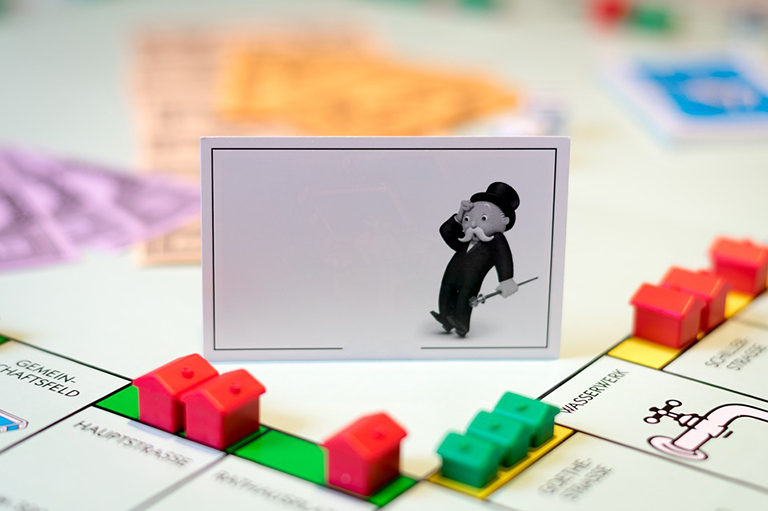
Do I buy or sell first?
In this step there is no doubt: It’s best that you sell first, and buy later. If you sell your house first, you will have a much clearer idea of the money you have available for the purchase of the new home. In addition, you will have more liquid capital, and therefore, greater negotiation capacity.
Additionally, if you’re selling your habitual residence, that is, the house where you normally live, you will have tax benefits for reinvestment in the purchase of a new home, although we will talk about that in the third part of this article.
On the other hand, if you buy before selling you’re incurring a significant financial risk, and if you’re not sure about the budget you have available and the market conditions, we don’t recommend it at all.
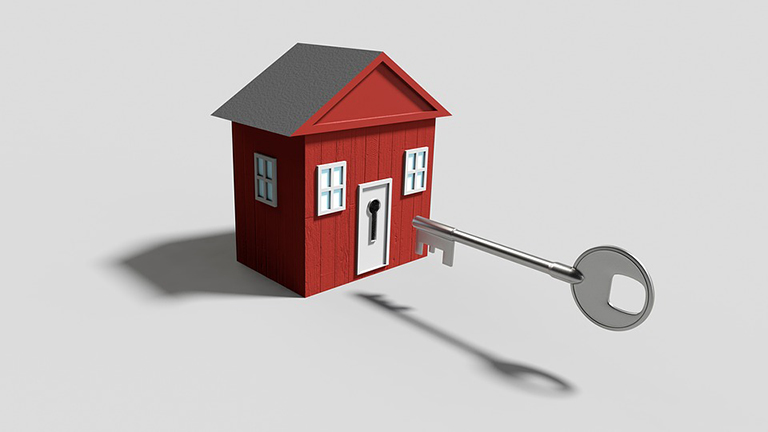
What do I do when selling?
The first thing you need to do is to prepare your house for sale. If you have the opportunity to reform it, here are some tips for the renovations. If not, at least we recommend that you apply the principles of home staging to your home, to ensure that the house is as attractive as possible to the potential buyer.
It’s also very important to have your payments up to date: Mortgage, community … if not, the sales process can be very complicated, since the potential buyer will think about it long before buying your house, and in fact, they will probably choose another.
Lastly, once you have agreed on the sale with a buyer, make sure that the foreclosure agreement gives you enough time to buy a home, so you don’t have to rent a house after you’ve sold yours. The ideal amount of time is five or six months; in Torrevieja this can be very easy to achieve, since many people choose to buy a second holiday home that they won’t be using until summer, and they may not mind signing that their entrance to the house will be in a few months, and not immediate.

What expenses will I have?
First you have to figure out whether the house you are going to sell is legally considered your habitual residence, that is, if it has been your residence for a continuous period of three years or more. If you bought the house recently, you ought to have lived in it for at least 12 months. There are also certain special situations that can help to obtain the habitual residence consideration without three years having passed, such as expanding the family, a divorce or a marriage. Selling your habitual residence, as we have already mentioned, will qualify you for certain tax exemptions.
Normally, when selling an apartment, the capital gain that is earned (the difference between the value for which the property is sold and for which it was acquired at the time) must be declared to Hacienda, paying a percentage on this amount as tax.
However, if you are selling your habitual residence to buy another habitual residence, and you make this purchase in two years from the sale, this is considered a reinvestment and therefore exempts you from paying this tax to Hacienda, as long as you have reinvested everything earned in buying the new house. If you have not reinvested everything, the money you have earned will have to be declared, and therefore, you will have to pay the tax.
In addition to this, you will have to pay the surplus value or plusvalía, which we already discussed in depth here.
On the other hand, there are the expenses associated with the purchase of a house, which you already know, but we remind you in this post.
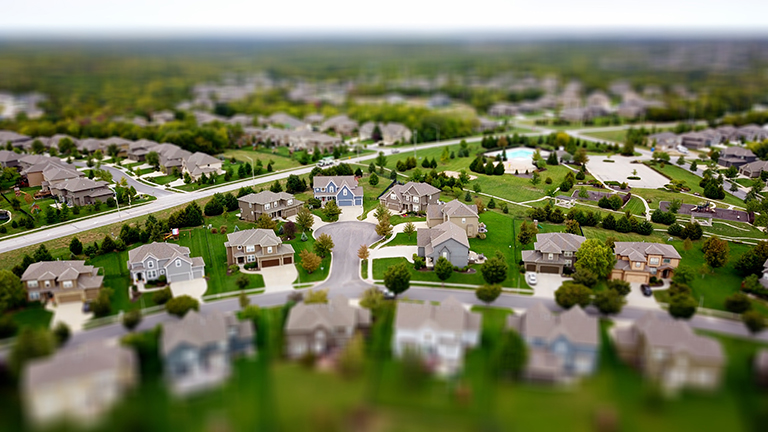
What if I have a mortgage?
Having a mortgage in the house that you want to sell to buy another one complicates things a bit, but does not make them impossible. In this case there are two options: Either you cancel the mortgage (that is, finish paying it as soon as possible) or subrogate it to the future owner.
In the first case, the money from the sale is normally used to cancel the mortgage. A clause that requires the seller to make this payment must be added to the contract. Otherwise, the bank will not approve the operation.
In the second case, a subrogation of the mortgage can be negotiated with the bank and the new owner. After that, the new buyer finishes paying the mortage.
In any case, it’s best to have the help of a professional real estate agent, and a good lawyer, as we always recommend.

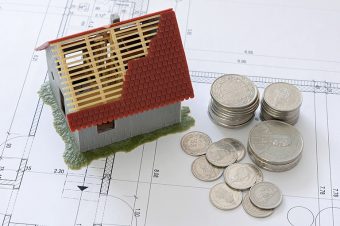


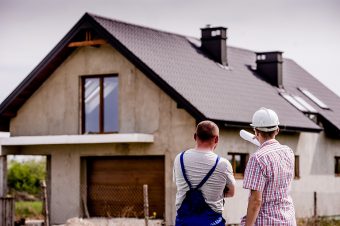

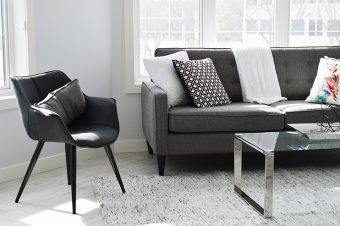
Leave a Reply